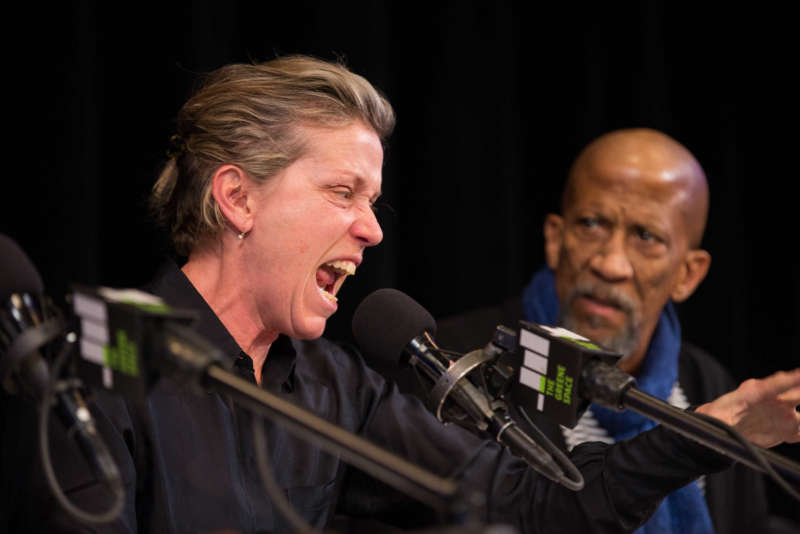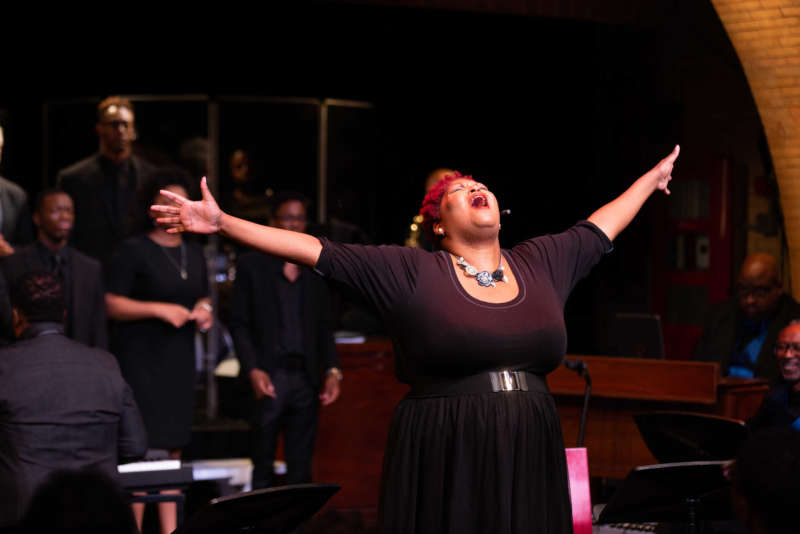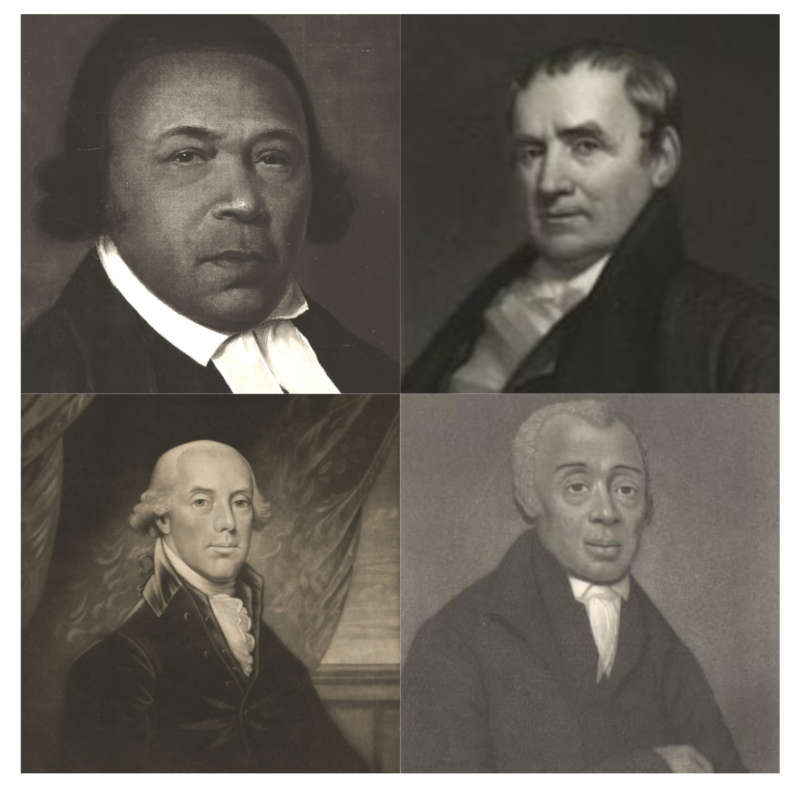Open to Public
Emerson College
About the play
-
Long Day's Journey Into Night by Eugene O'neill
Eugene O'Neill's Long Day's Journey into Night depicts the struggles of Mary Tyrone, a woman who abuses prescription painkillers and relapses into full-blown morphine addiction. It is also the story of how Mary's addiction rips her family apart, as her morphine use slowly becomes apparent to her husband and two sons, who struggle with alcohol abuse and addiction. It is widely believed that Long Day's Journey into Night is an autobiographical play, and that the troubled characters in it are based on members of O'Neill's own family, including his mother, Ella, who struggled with morphine addiction for most of her life. In his dedication of the play to his wife Carlotta, O'Neill states that it is a "play of old sorrow, written in tears and blood," and that he wrote it "with deep pity and understanding and forgiveness for all the four haunted Tyrones." O'Neill wrote the play for personal reasons, and the Addiction Performance Project present the plays to diverse audiences to elicit personal responses and candid discussion about addiction.
Explore Projects
-
 War & Mental HealthThe Tecmessa Project
War & Mental HealthThe Tecmessa ProjectThe Tecmessa Project presents readings of Sophocles’s Ajax, an ancient play about the visible and invisible wounds of war, as the catalyst for discussions focusing on the unique challenges faced by military family members, including couples, children, caregivers, and communities. This project is designed to promote understanding, compassion, and positive action.
-
 Racialized Police ViolenceAntigone in Ferguson
Racialized Police ViolenceAntigone in FergusonAntigone in Ferguson is a groundbreaking project that fuses dramatic readings by acclaimed actors of Sophocles’ Antigone with live choral music performed by a diverse choir, including activists, youth, teachers, police officers, and concerned citizens from St. Louis, Missouri and New York City, culminating in powerful, healing discussions about racialized violence, police brutality, systemic oppression, gender-based violence, health inequality, and social justice. Antigone in Ferguson was conceived in the wake of Michael Brown’s death in 2014, through a collaboration between Theater of War Productions and community members from Ferguson, MO, and premiered at Normandy High School, Michael Brown’s alma mater, in September of 2016.
-
 RacismA REFUTATION
RacismA REFUTATIONA REFUTATION presents dramatic readings by acclaimed actors of excerpts from two conflicting historic accounts of Philadelphia’s 1793 yellow fever epidemic as a catalyst for guided audience discussions about health inequities in America today, grounded in the perspectives of nurses, caregivers, and first responders.